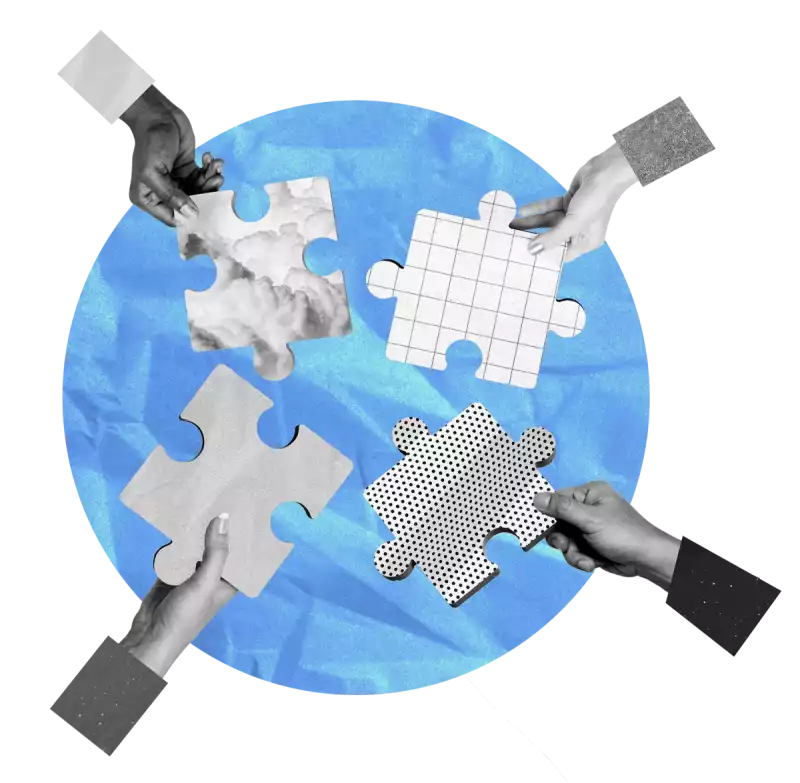Indonesia
Maritime Anti-Corruption Network (MACN) Indonesia
The Maritime Anti-Corruption Network (MACN)
Maritime Anti-Corruption Network (MACN) Indonesia
Mission
Work towards the elimination of all forms of maritime corruption
Goals
The Maritime Anti-Corruption Network (MACN) is a global business network working towards the vision of a maritime industry free of corruption that enables fair trade to the benefit of society at large.
Indonesia had been identified as a corruption hotspot among MACN member companies, and a key challenge faced was ambiguous laws and regulations. Illicit facilitation payments were common in Indonesian ports, including in-kind demands such as cigarettes, beverages, hospitality, and entertainment. Maritime companies refusing to pay or accommodate in-kind requests were often penalized through delays or by being fined for alleged noncompliance.
MACN is supporting members to reject illicit demands in Indonesia, by developing practical guidance for members calling at Indonesian ports that can be integrated into the company’s standard operating procedures.
The initiative's strategy is based on the following pillars:
- Improve Transparency: Increase the transparency of public fees and tariffs, and port entry procedures in Indonesian ports.
- Strengthen Accountability: Encouraging companies to use accountability mechanisms.
– Data Sharing: Supporting companies to better prepare for port calls.
Stakeholders
Maritime Anti-Corruption Network launched a collective action project in Indonesia with support from the UK Foreign and Commonwealth Office and in partnership with the NGO Kemitraan.
Activities
Through its Indonesia initiative, MACN achieved the following:
- Improved the transparency and private sector awareness of standard operating procedures for importing and exporting goods through Port Tanjung Priok.
- Upgraded the container tracking system to improve the transparency of container tracking and to limit human interaction when tracking goods in Port Tanjung Priok.
- Implemented ‘integrity champions’ training in partnership with Customs & Excise.
- Improved the dialogue between the private and public sectors on integrity issues, through multi-stakeholder dialogue and awareness-raising.
This information is gathered from open-source data and in some cases has been provided by initiative facilitators. We cannot guarantee the accuracy or completeness of the information and do not take responsibility for decisions made on the basis of it. Please inform us of any errors by emailing us.
Start Year
Status
- activeThe initiative or project is currently being worked on.
Countries Operations
Countries Host
Scope
- nationalInitiative that operates in and focuses mainly on one country, whether on a national or sub-national level.
Industry
Stakeholders
- Private sectorPrivately owned commercial (for-profit) entities of all sizes, including SMEs
- Public sectorNational and sub-national, local government entities, agencies from all branches (policy-making, executive, adjudication)
- Civil societynon-governmental organisations (national or international), foundations funded by private entities, faith-based organisations, Professional associations, Industry associations, Chambers of Commerce, Local Global Compact Networks
Type
- Engagement-focused initiativeJoint declarations of intent, Joint capacity and learning initiatives, Industry-specific working groups, Joint events/awareness raising, Joint activities and integrity tools
Linked resources
Related Initiatives
- Maritime Anti-Corruption Network (MACN)
- Maritime Anti-Corruption Network (MACN) Nigeria
- Maritime Anti-Corruption Network (MACN) Argentina
- Maritime Anti-Corruption Network (MACN) Ukraine
- Maritime Anti-Corruption Network (MACN) Egypt
- Maritime Anti-Corruption Network (MACN) India
- Maritime Anti-Corruption Network (MACN) Pakistan
- Maritime Anti-Corruption Network (MACN) Bangladesh
Need help understanding the terms and categories used in this initiative?
View Methodology & Definitions










